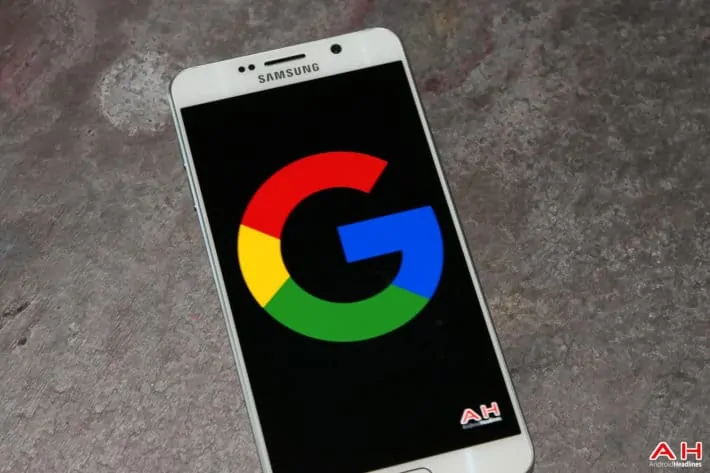As we come to the end of 2015 most of us look forward to what new types of technology will come to us in 2016. Of course most people like to look well beyond just a year long stretch and want a glimpse of the future. In a new report, Google Director Aparna Chennapragada was posed the question, “How will smartphones look in five years?” The question sounds a little far fetched but Chennapragada had an answer. She basically said that the future will bring technology that does a lot of the heavy lifting like proactive information directly coming to the user.
Now, Chennapragada gets more in-depth than just saying that the technology will do more of the heavy lifting. Even though she hits us with another basic answer saying that “Mobile Changes Everything,” she breaks it down even more into 3 key elements. The first is that we want answers on go instead of going through pages of screens. The second key element is about simply just getting stuff done. Whether you’re on Play Music or ordering food, these task go beyond just asking questions. The third element that she explains goes back to obtaining information. Instead of us looking for the information, the information will find us. We can already see this in Google Now, which Chennapragada’s answers are heavily influenced by.
Talking about Google Now, Chennapragada says that assistance is the new black. Everywhere you look there’s a virtual assistant such as Google Now, Siri, Microsoft’s Cortana, and Facebook M. All of these assistance do one job and that’s finding the information you need and proactively supplying it to you. As great as this sounds, Chennapragada says there is the wow-to-WTF ratio. How she explains this is by your assistant telling you that your flight is delayed which is some good information to know right? That’s the WOW factor. The WTF comes in when your plane actually shows up on time.
Virtual assistance goes a long way but when does it begin to become creepy? In order for these virtual assistance to work properly they need a lot of data on you. Davis Marcus who now heads Facebook Messenger and M says that it becomes creepy when companies take the information and don’t give it back. Chennapragada on the other hand had a different answer which revolves around user control. Going back to Google Now once again, she basically says that we are hiring the assistant. We give it our information and it utilizes it for our personal needs make life easier. She also brings up how its a complimentary thing. So if your phone desires your location history it’s not because Big Brother is watching, it’s because your assistant wants to notify you about an accident.
Okay so we have covered a lot about how these virtual assistants will be in the future and why their creepiness will be acceptable, but what will your phone really look like in five years? As far as what these phones do the right information will find us. Second, with everyone talking at the same time we’re going to need selective hearing, smart, AI-driven filters will more than likely make it to your phone. Apps on your smartphone will also have more functional ability. Moving on to hardware, Chennapragada suggest that hardware within modern smartphones will still be a limiting factor. Given what type of hardware we’ll have in 5 years will determine how achievable smartphone makers will be in that department.
